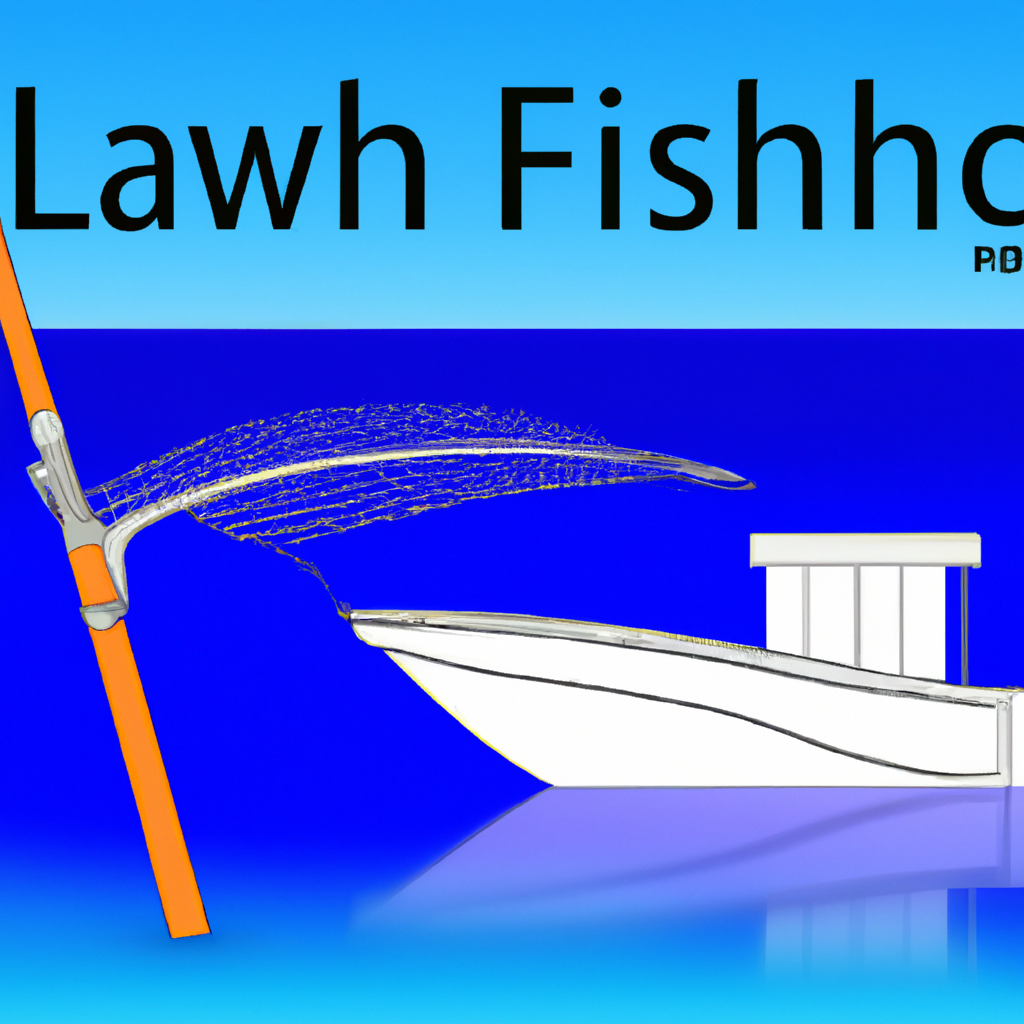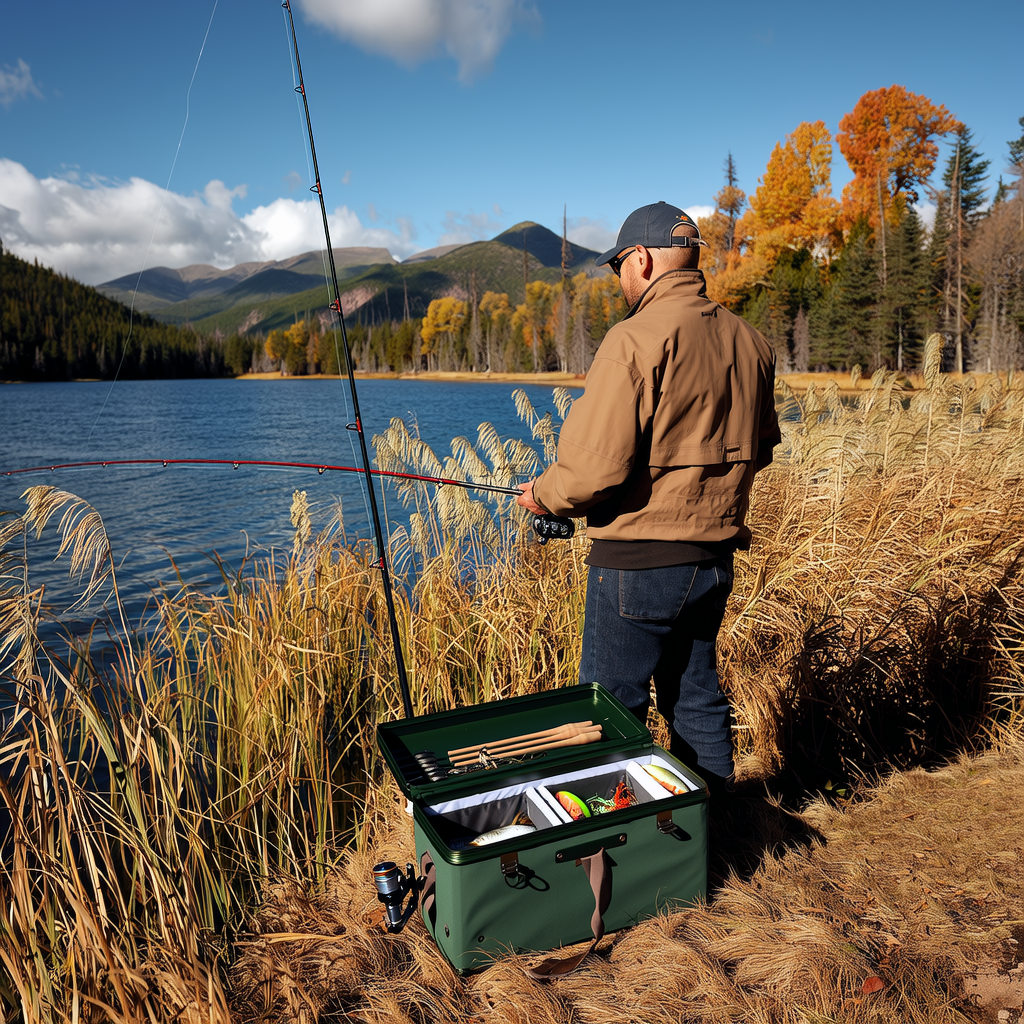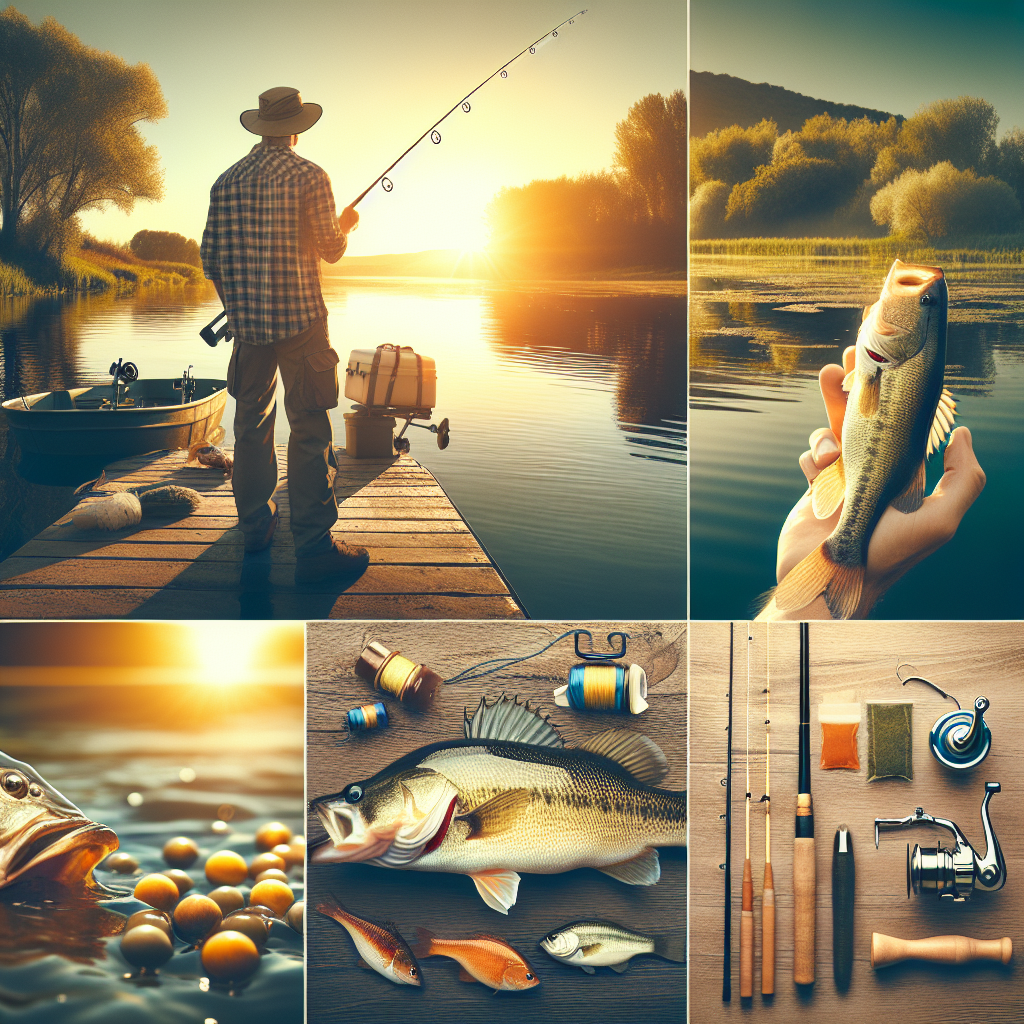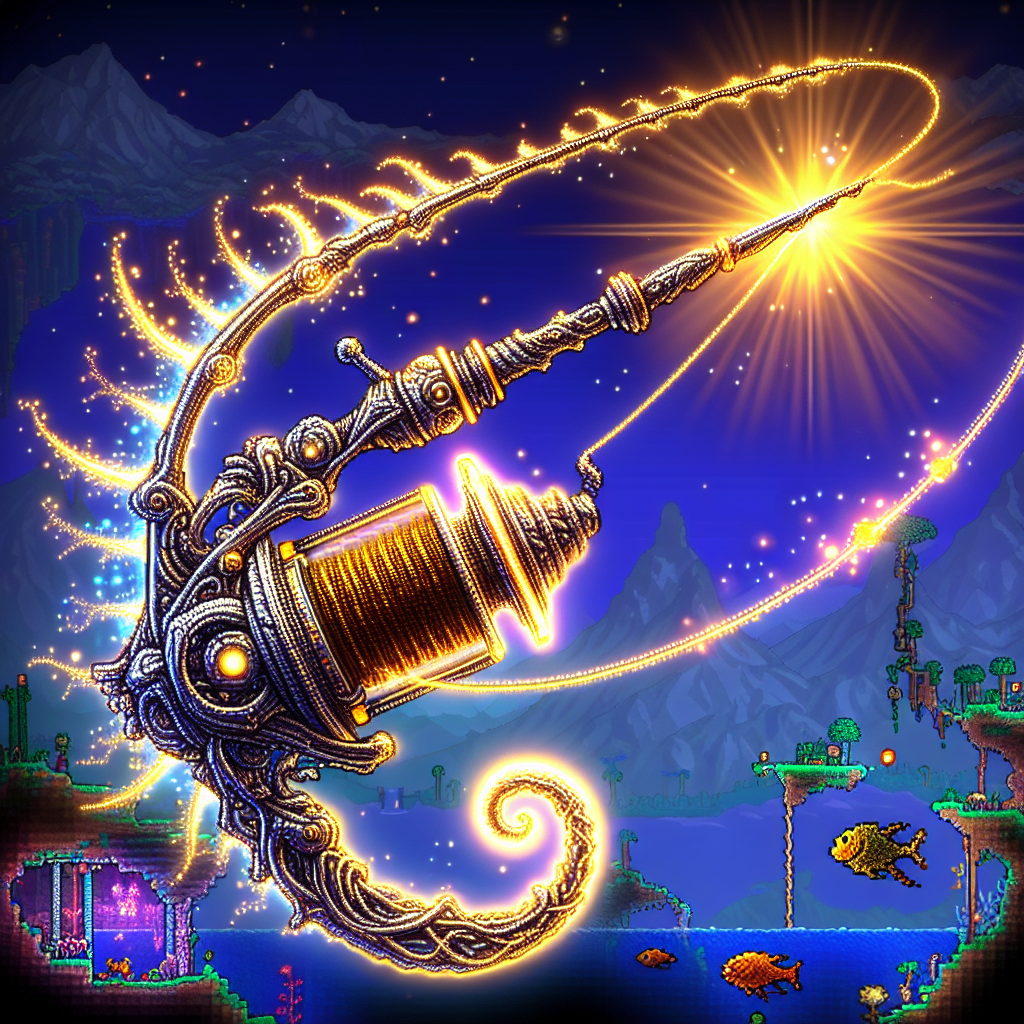Residents and tourists alike enjoy fishing in Florida. Florida Fish and Wildlife Conservation Commission has set up fishing laws and regulations to protect and conserve Florida’s diverse marine resources. These laws are designed to promote sustainable fishing practices, protect sensitive animals, and maintain Florida’s aquatic ecosystems.
Basic Fishing Regulations
It is important to know the basic fishing rules in Florida before you go on a fishing trip. These regulations cover a variety of aspects, including licensing requirements and bag limits.
Fishing Licenses
All anglers except those under 16 years of age are required to possess a valid fishing licence issued by the FWC. Fishing licenses are available online, by phone, or at authorized retailers in the state. The license fees are used to fund conservation efforts, and ensure that fisheries will be sustainable for future generations.
Bag Size Limitations
Size limits define the minimum size of fish that can be harvested, while bag limits specify the maximum amount of fish that an angler may keep in a day. These regulations are in effect to prevent overfishing, and to allow fish populations to replenish. Anglers should be familiar with the size and bag limits of the fish species that they plan to catch.
Prohibited fishing methods
The FWC prohibits fishing methods that may harm fish populations or cause damage to fragile habitats. In Florida, prohibited fishing methods include blast fishing, using spearfishing in designated swimming areas and using certain types of nets or traps. Anglers should always use legal and responsible fishing methods.
Protected Species
Florida is home to many protected fish species that are protected by state and federal law. Anglers may be required to follow specific regulations when fishing or accidentally encountering these protected species.
Endangered and Threatened Species
Endangered species and threatened species such as the Atlantic Sturgeon and smalltooth Sawfish are fully protected. They must be released if accidentally caught. To avoid accidental harm, it is important that anglers become familiar with the identification features of these species.
Marine Turtles
Florida’s beaches are home to several species of marine turtles including the leatherback, loggerhead and green turtles. These turtles are protected by state and federal law. If you encounter these turtles during a fishing trip, it is important to treat them with care.
Protected Reef Fish
Florida’s corals reefs are home a variety of reef fish species. Some of these are protected. Anglers are required to follow certain regulations when fishing for reef fish such as the Nassau Grouper, goliath Grouper, and Atlantic Angel Fish.
Fishing in Specific Areas
Florida has a variety of fishing opportunities, including in its freshwater reserves, rivers, lakes and coastal waters. Nevertheless, different areas might have specific regulations and restrictions to ensure sustainable practices and protect sensitive environments.
Marine Protected Areas
Florida has designated Marine Protected Areas (MPAs) to conserve biodiversity and preserve important habitats. Anglers are required to respect any special fishing regulations in these areas, such as no take zones or restrictions on fishing gear.
Freshwater Fishing Reserves
In Florida, there are a number of freshwater reserves that offer unique fishing experiences. These reserves may have regulations regarding fishing seasons and access points. They may also have catch-and release practices. Anglers need to be aware of any specific regulations that apply to the reserve they plan to fish.
Saltwater Fishing Zones
Florida’s saltwater fishing zones are divided into zones, each with their own regulations. The Gulf of Mexico may have different size and bag limits for certain species of fish than the Atlantic Ocean. Anglers should be familiar with the regulations of the zone in which they plan to fish.
Conservation Tips
Conservation efforts and responsible fishing practices are closely linked. By adopting certain techniques and habits, anglers are able to contribute to the preservation of Florida’s aquatic ecosystems. This will ensure the sustainability of the fish population.
Catch-and Release Practices
Catch-and-release can be an effective method to reduce the impact of fishing on fish populations. Anglers must handle fish caught with care to minimize stress and injury and release them quickly. The use of barbless hooks, along with the right fishing gear, can increase the chances that a fish will be released successfully.
Proper Disposal Of Fishing Waste
Anglers must always dispose of their fishing waste in designated containers, such as used fishing line and hooks. If improperly discarded, fishing gear can harm marine life or entangle it. This can have serious consequences for the environment and wildlife.
Respect wildlife and habitats
It is important to respect wildlife and their habitats when fishing in Florida. Avoid disturbing nesting or resting birds, coral reefs and seagrass beds. To avoid any harm, it is important to keep a safe distance away from marine mammals such as manatees and dolphins.
Penalties for Violations of Fishing Laws
The FWC takes violations of fishing regulations very seriously. Violations can result in fines and penalties. The severity and nature of the violation will determine the specific penalties, including whether or not it was a repeat offense and the number of illegally caught or killed fish.
Fines and license suspension
Anglers who violate Florida’s fishing laws may face fines that range from a few hundreds to several thousand dollars. The FWC can also suspend or revoke a fishing license in some cases. This will prevent the angler from fishing for a certain period.
Confiscation and confiscation of fishing equipment
The FWC can also confiscate any fishing equipment that was used to commit a violation. This includes boats, fishing equipment, and other equipment used in illegal fishing activities.
Criminal Charges
In extreme cases, repeated or deliberate violations can lead to criminal charges and more severe penalties including imprisonment. To avoid legal consequences, it is important to follow fishing laws and regulations.
Conclusion
Florida’s fishing laws are vital to the long-term sustainability and conservation of its marine resources. By following these laws anglers can help conserve fish populations, protect sensitive habitats and species, and maintain Florida’s ecological balance. Every angler has a responsibility to know and follow the fishing laws and regulations, so that future generations can also enjoy the joys of fishing.




